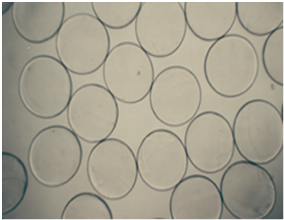
Mega-Useful Microcapsules
Exploring the potential control of drug delivery with light and magnetism Chances are, at some point in your life, you’ve taken some form of medicine

Exploring the potential control of drug delivery with light and magnetism Chances are, at some point in your life, you’ve taken some form of medicine

Space: the final frontier. Researchers at Yale work to boldly go where no researcher has gone before. With a newly designed EXtreme PREcision Spectrograph (EXPRES)
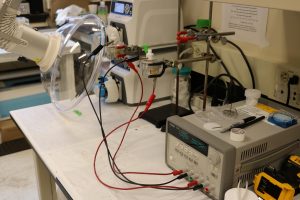
Every second, metals that form the components of our day-to-day electronics are thrown out. There are currently no efficient methods for recycling them, yet our
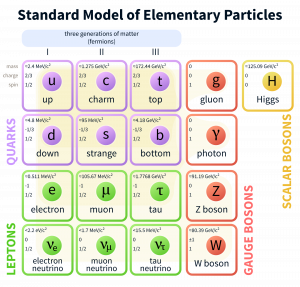
The quest to extend physics beyond the Standard Model will take a new turn this February, as an upgraded accelerator at the High Energy Accelerator
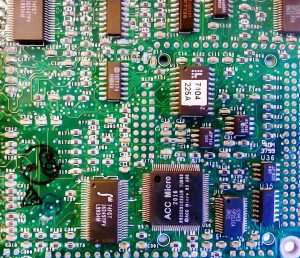
The future of information technology may be in the qubit. The term, a combination of quantum and bit, is used to refer to an electronic
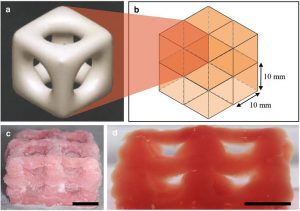
Bioprinting 3-D organs with soft, tissue-like materials Cars, toys, knick-knacks and prototypes—the array of objects that can be brought to life with a 3D printer
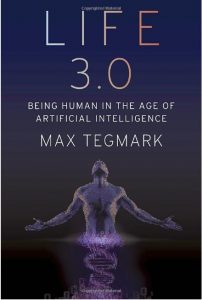
A review of Max Tegmark’s new book on maintaining our humanity and planning for a future with artificial intelligence/advanced machine learning.
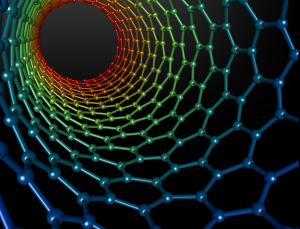
American and South Korean scientists have developed carbon nanotube yarns that convert twisting and stretching motions into electrical signals. The applications range from wearable sensors to harnessing the energy of ocean waves.

Yale senior Alex Epstein (SY ’18) discusses how he developed his interest in biology and research, from his childhood experiences at the Museum of Natural History to his research at Yale.

Researchers at Duke have used synthetic biology techniques to engineer bacteria to produce a protein capable of constructing an electronic pressure sensor when supplemented with gold nanoparticles. With a variety of future applications, this technology will diversify how we use microorganisms in biophysical systems.

Researchers at the École Polytechnique Fédérale de Lausanne, Switzerland, have constructed a new microscope that can be used to observe chemical reactions on surfaces at the molecular level, 5000 times faster than current microscopes.
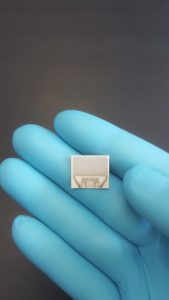
Think your diet and workout routine are burning fat? You might want to check again. Researchers at ETH Zurich and the University Hospital Zurich have developed an affordable, portable and reliable breath sensor to test rates of fat burning during and following exercise.